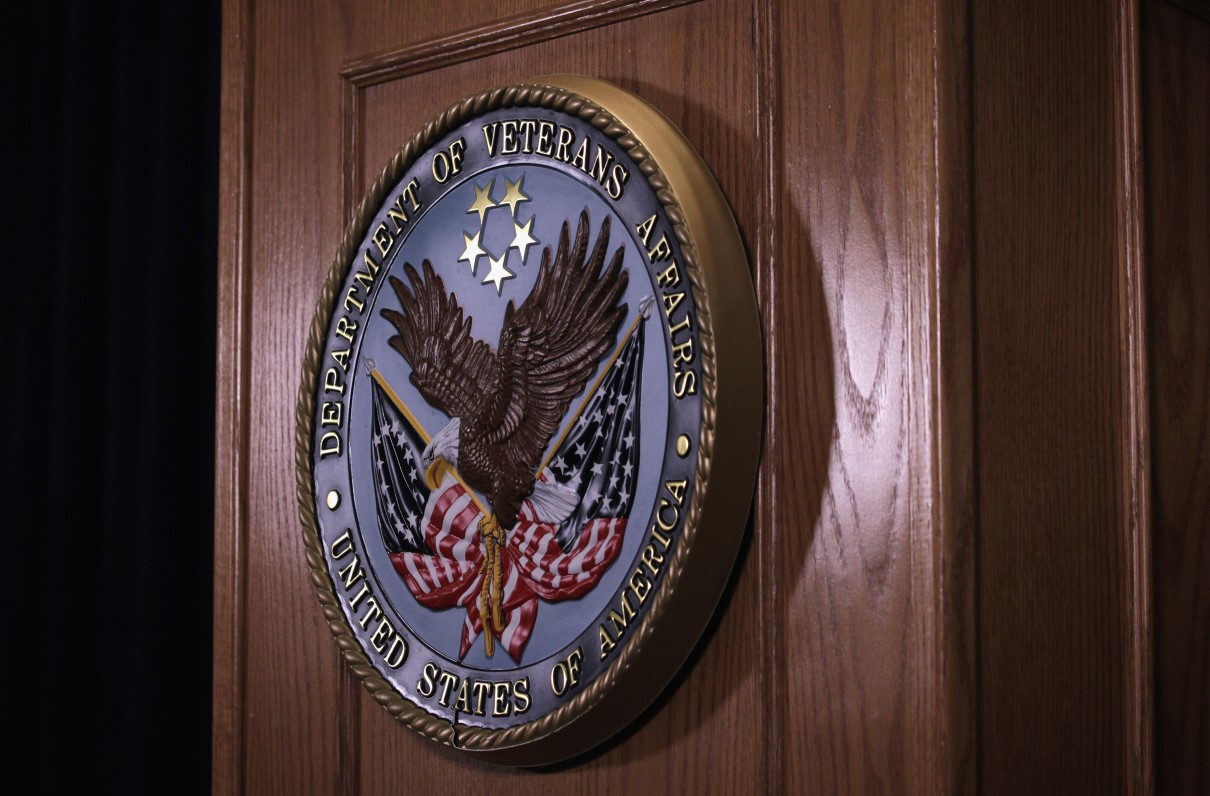Those who experienced trauma while in service know how real, devasting, and life-altering such events can be long after their time in uniform. The same is true for women and men who experienced service-related sexual assault or harassment, especially if their trauma was not effectively dealt with before leaving service.
Lawmakers have pressed DoD for nearly a decade to address sexual assault and harassment in its ranks. For some congressional advocates, the department’s efforts have not been sufficient. To victims, the long investigations, revictimization, and threat of retaliation serve as disincentives for the pain and effort likely to result from reporting incidents. Many victims leave service feeling unsupported and frustrated, often arriving at the VA’s doorstep for relief and support.
April is Sexual Assault Awareness Month, a special time to recognize survivors of sexual assault and harassment, and to shine a spotlight on the issue and the resources available to help victims who have been marginalized throughout their service in uniform.
Understanding MST
The term “military sexual trauma” (MST) is used by the VA to refer to sexual assault or sexual harassment occurring in the military or uniformed service, whether the individual was on or off duty, or serving on active duty or in a reserve duty status. Such trauma is not defined by gender, sexual orientation, or background.
While not a diagnosis or a mental health condition, MST, like other traumatic experiences, can affect veterans in a variety of ways. While MST reactions for men and women may be similar, other factors such as race, ethnicity, religion, sexual orientation, and other cultural determinants may cause different responses to, or struggles following, a traumatic experience.
Like other life-changing traumatic events, many individuals recover without professional help. Others may experience intermittent difficulties or have strong responses to certain situations. These eventually may take a toll on the veteran’s physical or mental well-being, affecting their quality of life over time.
‘We Believe You, and We Believe in You’
“It can be very healing for survivors of any kind of trauma to feel heard, validated and supported as they recover,” according to a VA message marking Sexual Assault Awareness Month. “This can be especially true for survivors of MST, many of whom may be suffering alone — feeling ashamed, disconnected or unable to talk with anyone about their experiences.”
During Sexual Assault Awareness Month, VA wants MST survivors to know: “We believe you, and we believe in you.”
VA has been a strong advocate and provider of MST-related services for many years. It screens all veterans seen in its medical facilities to find out whether they have experienced MST. Department data indicates 1 in 4 women and 1 in 50 men reported some form of MST while in service, highlighting how common the trauma is among the veteran population.
What Veterans Can Expect From the VA
The VA wants survivors to know about the wide range of health care and other services available to them. If you or someone you know is a victim of MST, the VA is ready and eager to help:
- MST treatment and services are available at every VA medical facility, and MST-related counseling is also available at community-based Vet Centers.
- No documentation or application for service connection or VA disability rating is required to receive care.
- Every VA medical facility has a designated MST coordinator to assist veterans with services and resources.
- All physical or mental health care conditions related to MST are free of charge regardless of the veteran’s eligibility for other VA health care services.
You can learn more about MST at this link.
The VA wants everyone to learn more about its free services and support by downloading social media-friendly materials from its Sexual Assault Awareness Month resource page so you can help spread the word.
MOAA’s work with The Military Coalition to improve the climate and culture for those serving in uniform and monitoring VA’s and DoD’s treatment and care of victims is a high priority. We are encouraged by VA Secretary Denis McDonough’s and Defense Secretary Lloyd Austin’s work in forming a new commission to help eradicate long-standing systemic problems and improve accountability across the uniformed services so servicemembers and veterans receive the services and benefits they’ve earned.
MOAA Knows Why You Serve
We understand the needs and concerns of military families – and we’re here to help you meet life’s challenges along the way. Join MOAA now and get the support you need.

